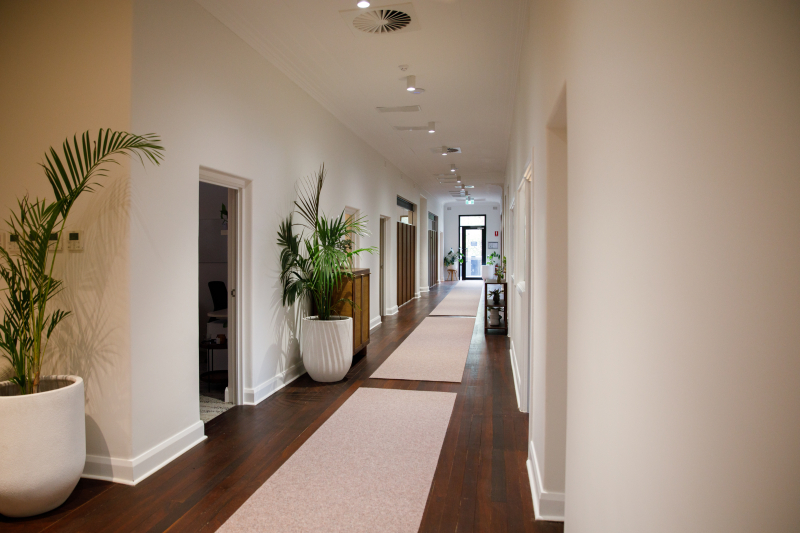It’s the start of the year and if you’re like most people I know you are feeling a little flat after getting back to work after a nice Christmas and New Year break. Despite potentially feeling a little sluggish at the moment, it’s amazing what a good break can do for your overall health and wellbeing.
When we start a New Year, it’s a good idea to look back over the way the previous year or years panned out. Did you achieve what you wanted to? Did you follow through on what you committed to? Did you get started on any changes you wanted to make or did you not quite get there?
The New Year’s Resolution (and probability for success) area is certainly an interesting one. Research on New Year’s Resolutions suggest that more often than not we are not able to follow through on what we want to embark on post 1 January.
One issue I see a frequently is people making commitments to change at the end of the year for the next one that are quite significant in terms of magnitude. For example, making a commitment to exercise every day, eating healthily for every meal, losing a large amount of weight, not drinking any alcohol or caffeine and not working more than 8 hours per day.
The question I often pose to clients is whether sweeping changes (or should I say sweeping resolutions to make significant changes) is realistic? At Headway Psychology, what we like to focus on is helping clients make small positive changes that will have longer term positive effects if we can create an environment for sustained behaviour change.
Some of the recent research on habit formulation and behaviour change is interesting.
What the research is suggesting is that we not only need to set an achievable goal for change, but also make adjustments to our habits. It is these habits, if well-formed, that leads to behaviour changes being maintained over a longer period. For example, one New Year’s Resolution could be to exercise every day but if we were to apply a more realistic goal, we might say exercising two (2) times per week is a good place to start. And to create a habit around this activity. This could be packing your gym clothes in a bag the night before a gym session; putting the time to exercise in a calendar to form a recurring appointment; or locking in a time to meet a friend to exercise that is consistent in terms of time and day of the week.
We know that forming these basic habits is what’s required to ensure the desired behaviour becomes a part of your daily life. It seems simple but if it was that easy everyone would be making changes at the beginning of the year and seeing them through until December and beyond.
So, the message from Headway for the new year is to set small, achievable goals and adjust the mindset to create minor habits around the behaviour that is likely to promote lasting and permanent behaviour change.
Finally, go easy on yourself if you are lacking motivation or get caught up with other things. The key to sustained change is that the more times you try, the more likely a habit will be formed which will lead to greater probability for success.
If you or someone you know is grappling with making changes in their life, feel free to give us a call on (08) 9226 4489 or contact us for more information.



